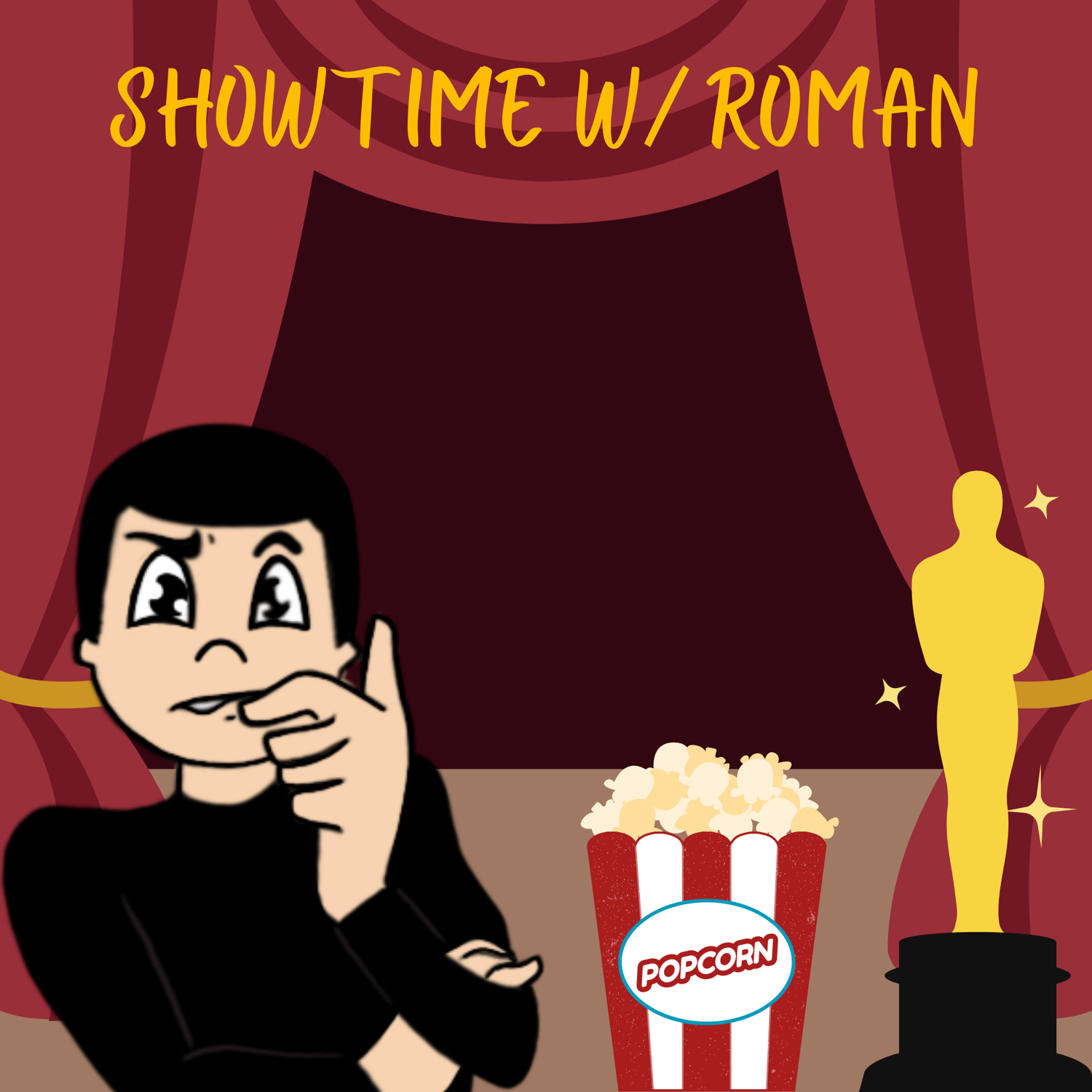Review: The Killer
- Roman Arbisi

- Oct 31, 2023
- 4 min read

After a limited release in theaters around the nation, David Fincher’s steely hitman drama, The Killer, is scheduled to arrive November 10th on the streaming titan, Netflix. Starring Michael Fassbender as the titular killer, The Killer has been touted as the return to form for David Fincher. After Netflix took Mindhunter to the gallows, Fincher returned to directing movies with the rather drab and forgettable, Mank. Mank was a relative awards circuit success culminating in 10 Oscar nominations (the most of the show), and eventually won Best Production Design and Best Cinematography that night. With a decade defining feature (The Social Network) under his belt, and some of the most pivotal American films of the 1990s, Mank hardly felt like a return for Fincher despite the gold plated recognition.
The thought of Fincher directing a movie about a hitman sounds like something he’s interested in to get him back into the groove of making movies. Although Mank hit the Oscars window, the film felt like it was lacking the smarmy swagger we’ve come to associate Fincher with, and for better or worse, The Killer regains that behavior without missing a beat. The problem is that the film waddles through the self-reflective pool that most directors tend to look into in the later stages of their career. What Fincher’s pool reflects is apathy toward the monolith of late-stage capitalism, and the accessibility of their services in exchange for their soul.

On the surface this sounds like a succinct continuation of Fight Club, but unlike that film, The Killer seems emotionally detached from the ideas that once charmed Fincher into undermining the blueprints of corporate America. In fact, I’d even give in to the idea that the Killer is a surrogate for Fincher’s obsessive drive for perfection. There’s a documented history to Fincher’s style that strives for repetition until it’s perfected, and any sort of disruption of that method drives him a bit mad, and you see some of that in Fassbender’s character. You’d think that Fincher could get the dirt out from underneath the nails, and polish the firearms, but this reverberates with so much apathy for having to do a job it’ll make you wonder if he still enjoys making movies at all.
There may be some projections that overreach, and reading the Killer as a stand-in for Fincher is too near-sighted to be compelling, because at its broadest this film is Fincher’s American angled eurotrash genre exercise. There’s a novelized pace, and a sense of humor that continuously rolls its eyes at the vanity trickling down from the wealth, but it’s obvious that they’re just going through the motions. This prevents the film from being overly flashy, but it gets caught red-handed keying in on other components that insist on making the film feel more important than what it is. The Reznor and Ross collaboration stoops to a new low with a score that is totally misplaced and bass heavy to make you feel how important the listless cinematography is. The screen is glossed over with a digital sheen that hardly feels exciting because most people will experience it compressed to the worst possible state on Netflix.
Those who have been fortunate to experience it in theaters should be thankful because we can only anticipate that most of the movie will be indecipherable on the streaming platform. This point goes a step further when the film’s best moments are faintly lit by tabletop lamps and the dim flame of a candle. If Fincher has such a reverence for digital cinematography, why wouldn’t he fight for his work to be seen in the objectively better format? There may be some contract details he and Netflix have, but I digress, the entire film feels a bit careless across multiple stages of production. In that case, The Killer is a vintage Netflix feature.

There are plenty of apt comparisons to other, “Silent but deadly”protagonists throughout cinema, and the film’s strengths lie here. Michael Fassbender is note-perfect as a limber, name-swapping, The Smiths enjoying hitman with his eyes analyzing the situation as eloquently as his mind understands it. This performance echoes that of Alain Delon’s iconic turn as Jef Costello in Le Samouraï, and as recently as Ryan Gosling’s The Driver in Drive. There isn’t too much “new” in the performance to really separate Fassebender’s The Killer, but his internal clock ticks with a dry sense of humor that Fincher has been executing well for years.
For some, The Killer will be a welcome return for Fincher, for others I can see this becoming another wasted afternoon slot on a so-so Netflix film. Which is a shame for a once high profile, highly sought after filmmaker who has enough excellent films to make any filmmaker envious of his catalog. The problem is that Fincher’s rather careless assessment of the material amounts to a rather limited continuation of themes we’ve seen him tackle before without the benefit of feeling like he actually had a good time making the movie. With that in mind, it seems like David Fincher doesn’t like making movies anymore; he can stop anytime he likes.






Comments